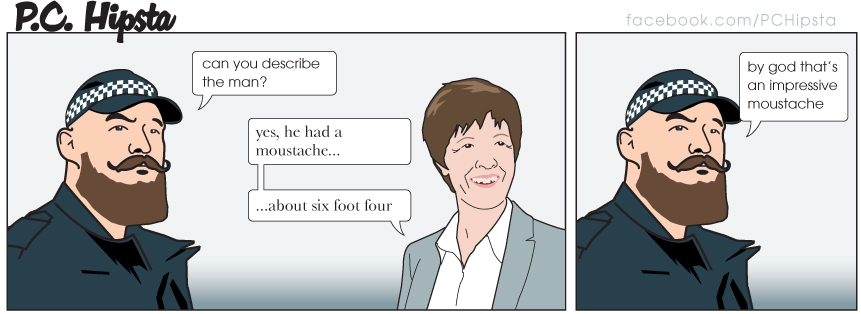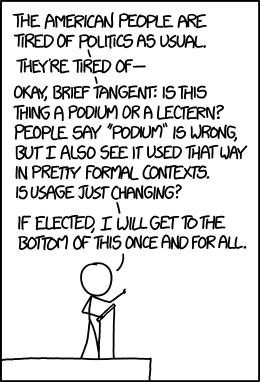"We could all unite against the hatred for Obama"
Recently on the Fox News program The Five, one of the participants came out with an expression that illustrates the forces behind the kinds of errors that we've called misnegations — even though the errant phrase lacks any overt negation at all!
Bemoaning "this fractured strife among the Republican party", Greg Gutfeld said
And I just remember the good old days, where we could all unite against the hatred for Obama.
Presumably he meant "unite behind the hatred for Obama" or "unite in hatred against Obama" or something like that, but got the polarity reversed on the combination of against, hatred, and for.
Read the rest of this entry »




